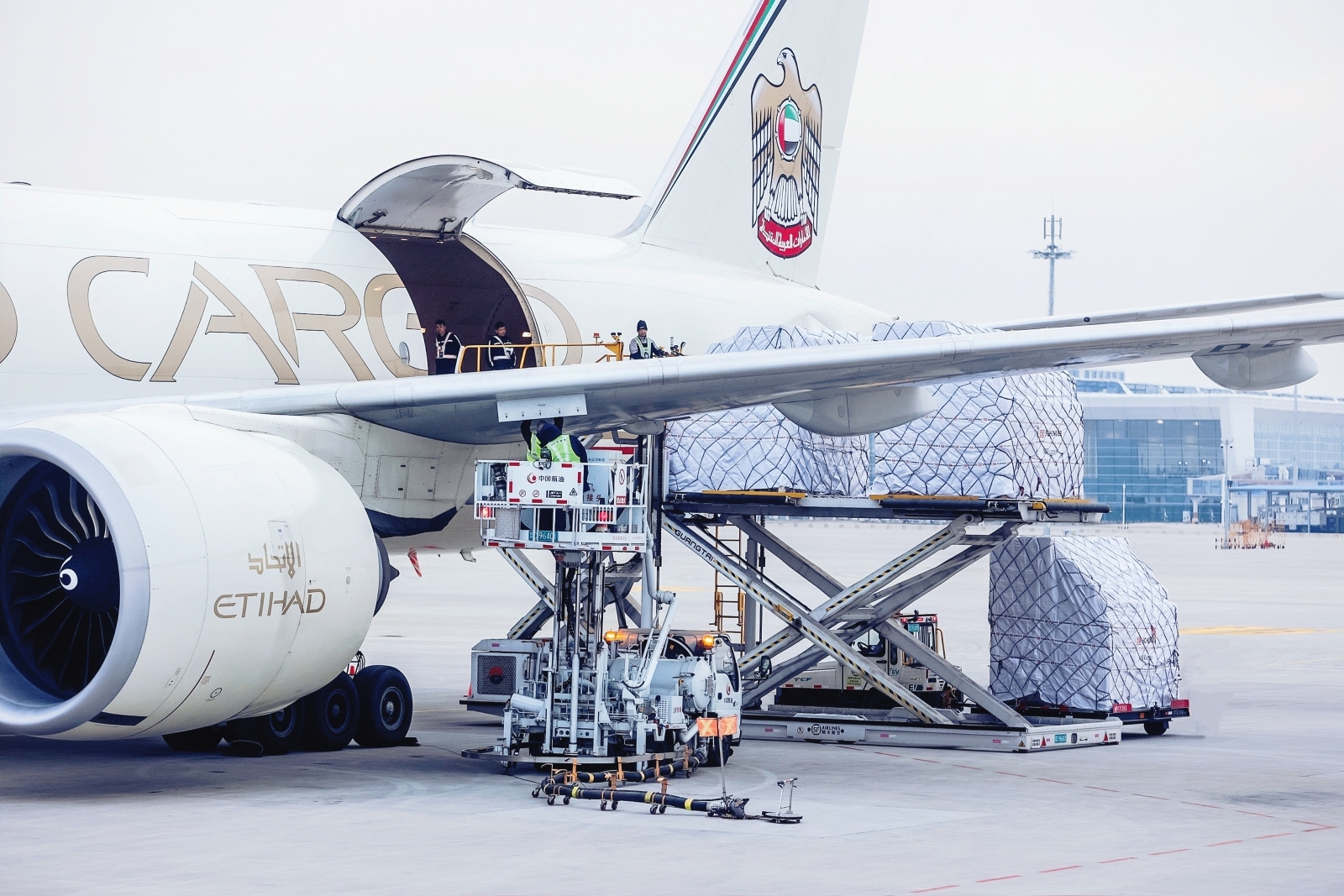The International Air Transport Association (IATA) will conduct a trial to gauge the carbon impact of cargo shipments. The study will be conducted in association with Etihad Airways using a CO2 emission calculation tool specifically developed for cargo flights. IATA claims that this trial will provide valuable proof of concept for the cargo component of the IATA CO2 Connect carbon calculator.
IATA will be working with Etihad Cargo to track the necessary data for cargo shipments during a three-month trial. Etihad will be sharing data from flights and advising on various use cases to achieve the highest levels of accuracy, consistency, and transparency. Backed with the data, IATA aims to launch CO2 Connect for Cargo by mid- 2023.
Martin Drew, Senior Vice President Global Sales & Cargo at Etihad Aviation Group, said: “The airline’s development with IATA demonstrates the ability and willingness to co-create solutions to support Etihad Cargo’s journey to achieving net zero carbon emissions by 2050. IATA’s CO2 Connect carbon calculator will be an effective tool in making the transportation of cargo more sustainable and will benefit not only Etihad Cargo’s customers but also the wider air cargo sector in the future.”
Frederic Leger, IATA’s Senior Vice President for Commercial Products & Services, added: “Aviation will achieve net zero carbon emissions by 2050. And our customers—travelers and shippers—need accurate information on the emissions related to their activities to manage their own commitments and reporting obligations. For all these purposes, accurate data is critical. IATA CO2 Connect already provides this for passenger operations. This trial with Etihad will help us in bringing an industry-leading carbon calculator for cargo in the coming months.”
IATA has been providing IATA CO2 Connect for passenger flights since June 2022, with actual fuel burn data of 57 aircraft types representing approximately 98% of the active global passenger fleet.

